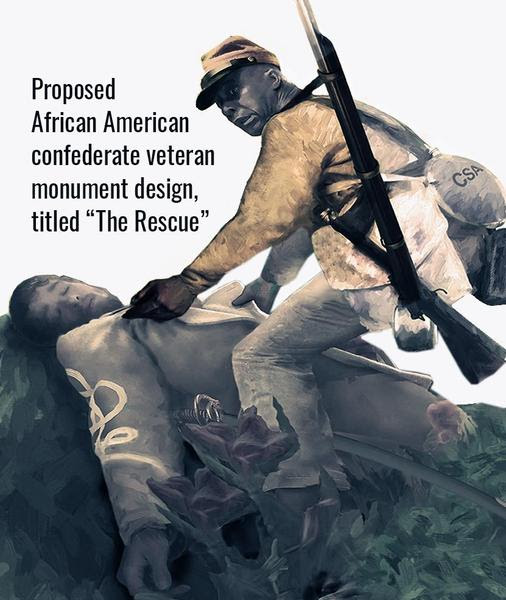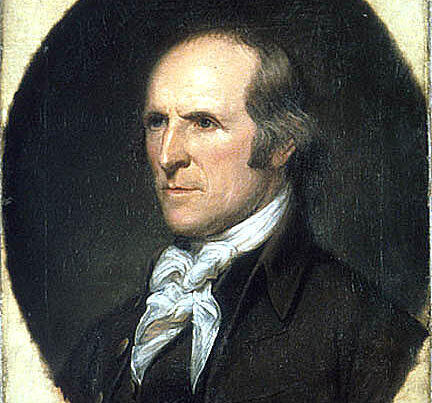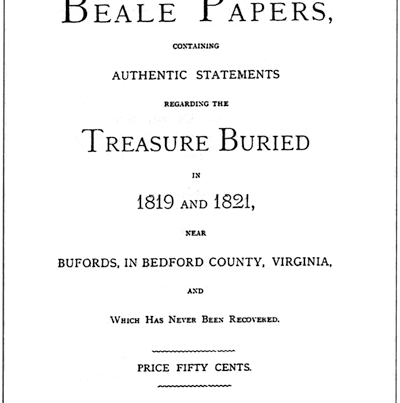
In a speech to the Georgia legislature in 1866, Former Vice President of the Confederacy Alexander Stephens urged, “That wise and humane provisions should be made for [the freedmen]” and that they “may stand equal before the law, in possession and enjoyment of all rights of person, liberty, and property. Many considerations claim this at your hands. Among these may be stated their fidelity in times past. They cultivated our fields, ministered to your personal comforts, nursed and reared your children; and even in the hour of danger and peril, they were, in the main, true to you and yours. To them we owe a debt of gratitude as well as acts of kindness.”
Several decades after the War, monuments and plaques were put up locally. But there are too few of them. It is high time that we recognize in a more public manner the contributions of blacks who assisted in the defense of their country by what many Americans at the time, North and South, thought was an unconstitutional invasion.
The South Carolina General Assembly finds that the contributions made by African Americans in service to the State of South Carolina during the War Between the States are not reflected in the South Carolina Social Studies Academic Standards, curriculums of local educational agencies, post educational agencies, and historical institutions and agencies, and while there is representation of those African Americans from South Carolina who took up arms for the Union, there is nothing to show the contributions, sacrifices, and honor of their Confederate counterparts; and
Whereas it is reflected in our state records that in the 1920s, hundreds of still-living African American Confederate pensioners drew pensions in relation to their service to our State, but their contributions and service are not included in the current academic standards; and
Whereas, we find the exclusion of African American Confederate soldiers in the current academic standards to be completely unacceptable, that this type of manipulation and exclusion of facts in historic record and representation creates a distorted perspective of our State and national history, and to exclude, neglect, or otherwise disregard the contributions of African American Confederate soldiers is a gross disrespect to their service and memory; and
Whereas all people should know of, and remember, African American Confederate soldiers who served South Carolina and the United States during the War Between the States and others, and it is in fact vital to educate our citizens on their stories during the war and afterward; and
Whereas, it is the policy of the State of South Carolina that the history of the African American Confederate soldiers, the depth of their impact in our society, and the triumphs of African American Confederate soldiers and their significant contributions to the development of this State and our nation is the proper concern of all people, particularly students enrolled in the schools of the State of South Carolina; and
Whereas, it is therefore desirable to create an organized body to survey, design, encourage, and promote the implementation of education and awareness programs in South Carolina concerned with African American Confederate soldiers’ stories and the contributions of African American Confederate soldiers in building our State and country, to develop workshops, institutes, seminars, and other teacher-training activities designed to educate teachers on this subject matter, and to be responsible for the coordination of events on a regular basis, throughout the State, that provides appropriate memorialization of the events concerning African American Confederate soldiers and their descendants in South Carolina and the United States, as well as their contributions.






There is a Confederate monument in Arlington depicting a white soldier handing his child to a female slave. There is also a profile of a black soldier marching off to war among his white comrades. General Forrest had 8 black soldiers in his personal bodyguard. There is an excellent portrait of 2 black riflemen in the Harper’s Weekly entitled, “Rebel Negro Pickets as seen through field glass”…notice they are Rebels first and Negroes second. General Asboth complained of having to fight Rebel Negro Cavalrymen on his raid of Marianna, FL in his reports contained in the US military’s The War of the Rebellion (note is it not the Civil War according to the US military writing at the direction of Lincoln and the Yankee Congress which will end the debate of what the name of the conflict is according to those who fought it on the northern side).
But we are in a much bigger struggle. We are just the low hanging fruit in a war to exterminate western thought.
Ten more days of Christmas to you.
Dear Sir,
Like the many others, enjoyed the most recent article. But, you misspelled the V.P. of the Confederacy last name.
It is spelled Stephen.
Thanks
Buddy Miller